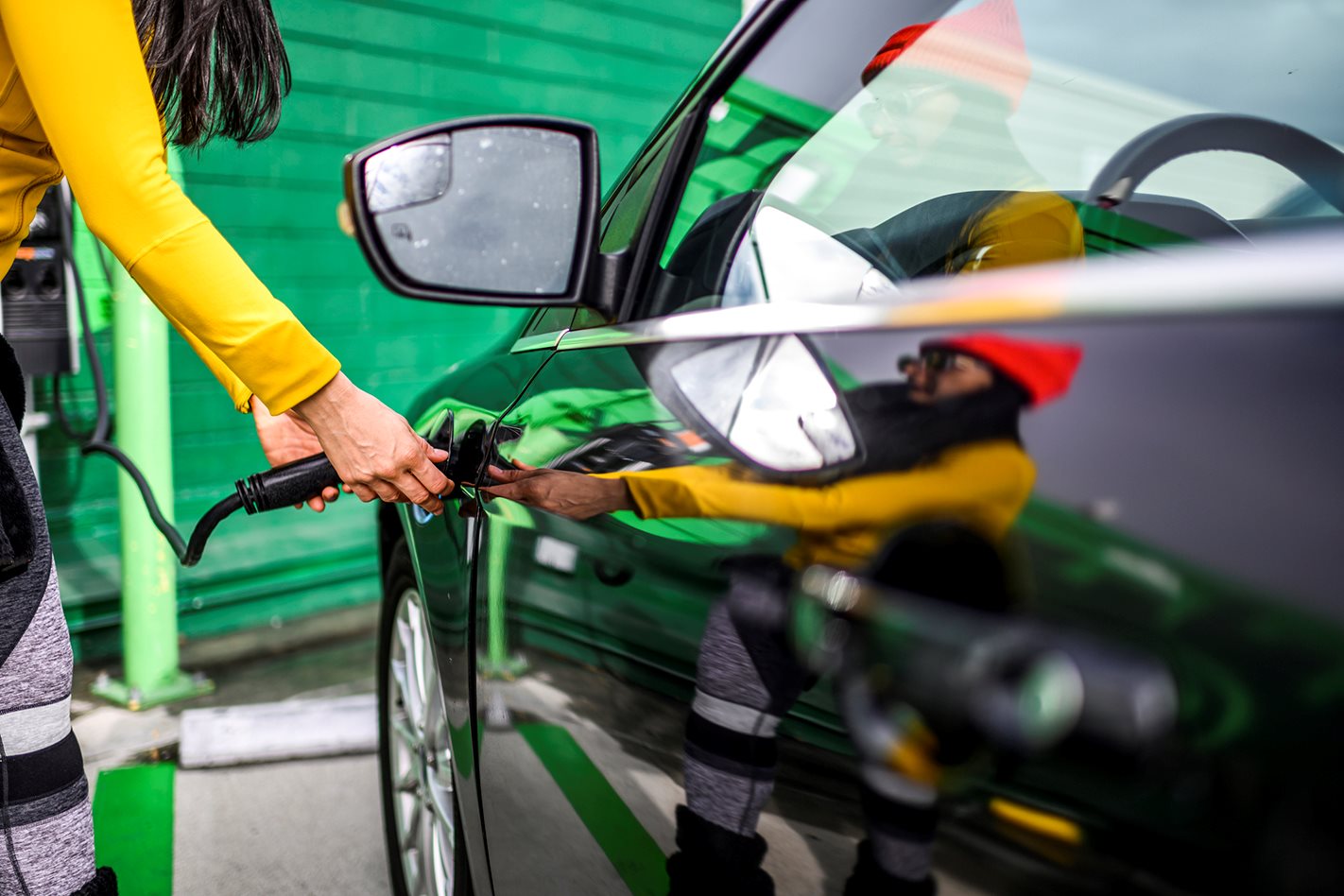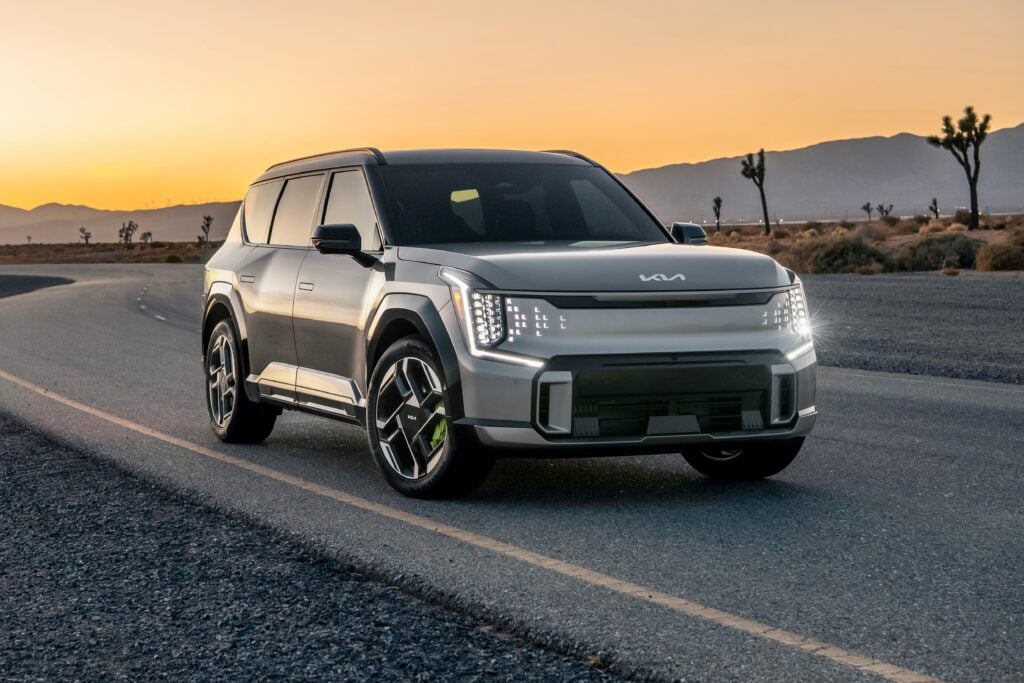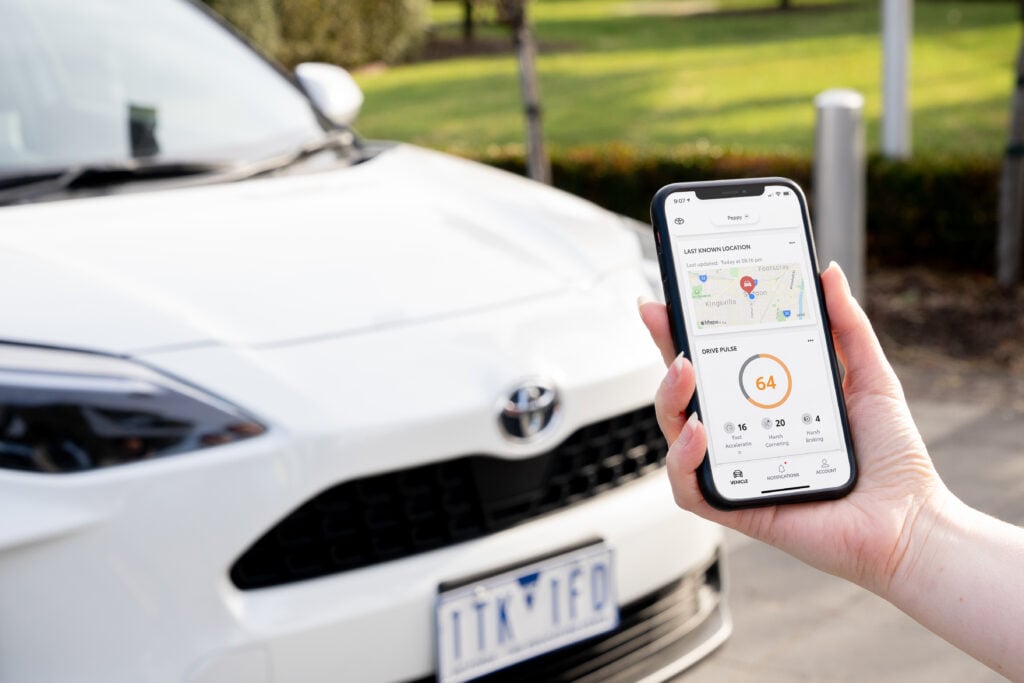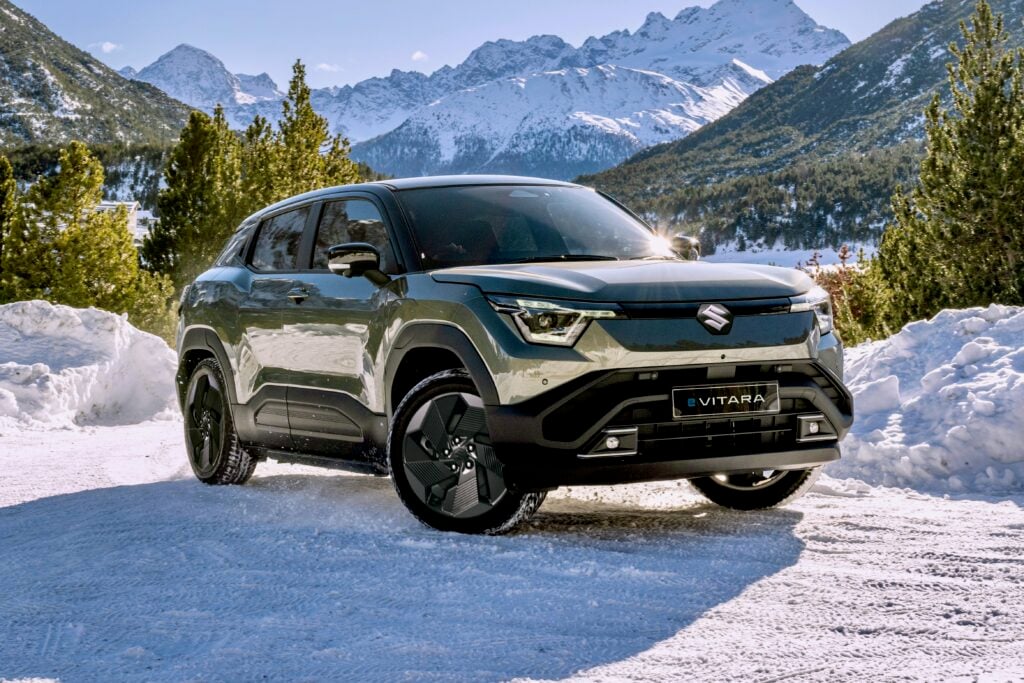Snapshot
- $20 billion could be saved if 76 per cent of new cars are EVs by 2030
- Climate group joins the growing chorus of those calling for an emissions target
- Half of Aussies want an EV as their next car
Australians could collectively save more than $20 billion in petrol and maintenance costs if electric vehicles made up three-quarters of new car sales by 2030, according to a new report.
An analysis by the Climateworks Centre released today found that switching to an EV could save car owners $1300 per year, amounting to $19,500 on running costs over the 15-year life of their vehicle.
By raising our national target to 76 per cent of new cars being EVs by 2030 and 100 per cent by 2035 – compared to the Federal Government’s current 46 per cent target – not only would $20bn in cash savings be unlocked, says the report, but 24 mega tonnes of CO2 would be cut too.
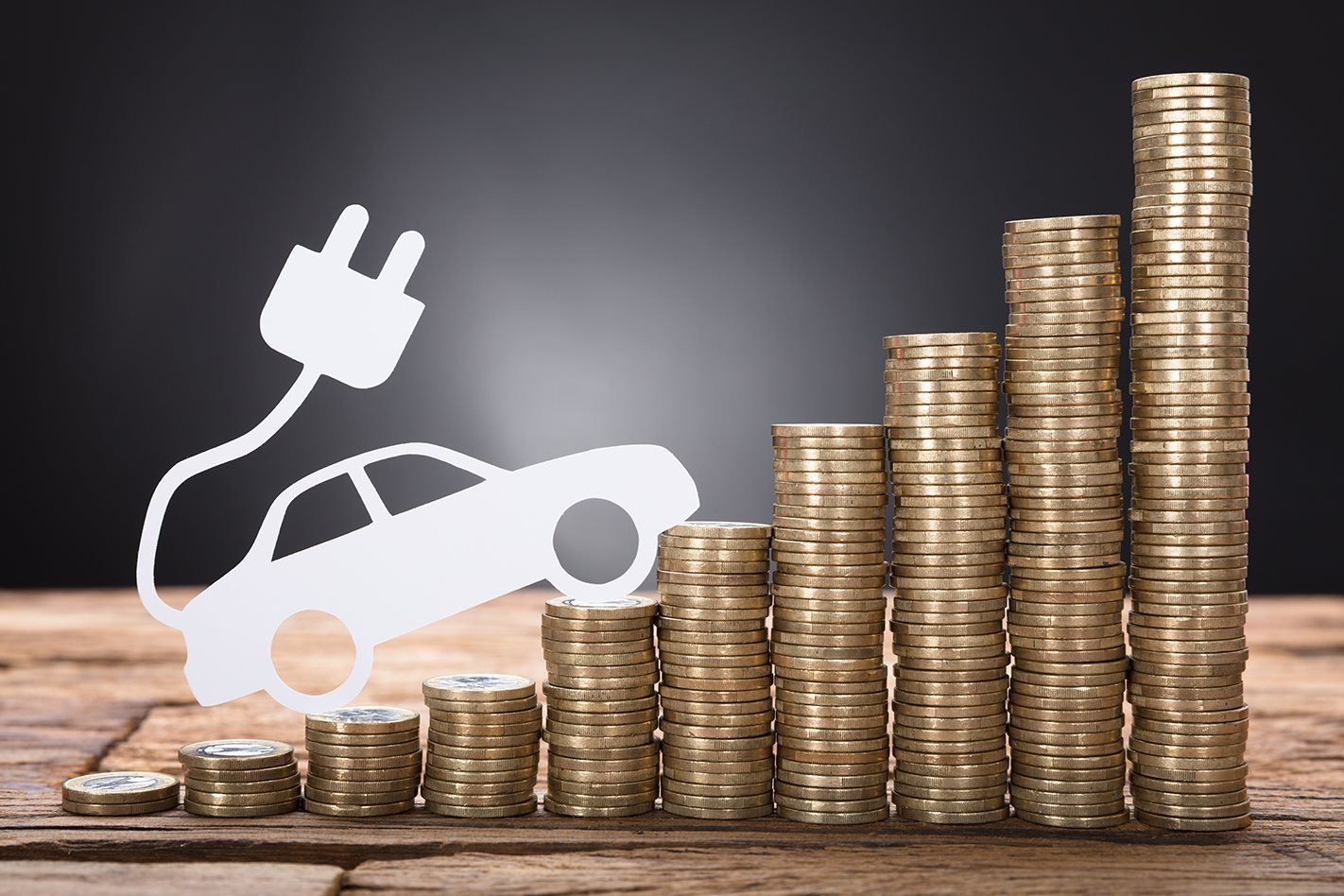
The Melbourne-based lobby group, founded by Monash University and the Myer Foundation, also outlined three steps it believes need to be taken for Australia to get to such a milestone: increasing supply through a national fuel efficiency standard, implementing a federal policy to smooth the transition (including improvements in infrastructure) and setting EV sales targets.
“While EVs currently have higher upfront costs, these are falling. With the right mix of policies to boost the supply of vehicles to Australia, our analysis shows EVs and their cheaper running costs will soon be within reach of Australians,” said Helen Rowe, transport program manager at Climateworks Centre.
Climateworks is recommending a nationally-mandated emissions target of 95g CO2/km by 2024, which would put us in line with Europe. Globally, there is momentum for EVs to make up 100 per cent of new cars sold by 2035. This would, in theory, allow around 15 years for ICE vehicles to transition out of the fleet in time to reach net-zero emissions in 2050.
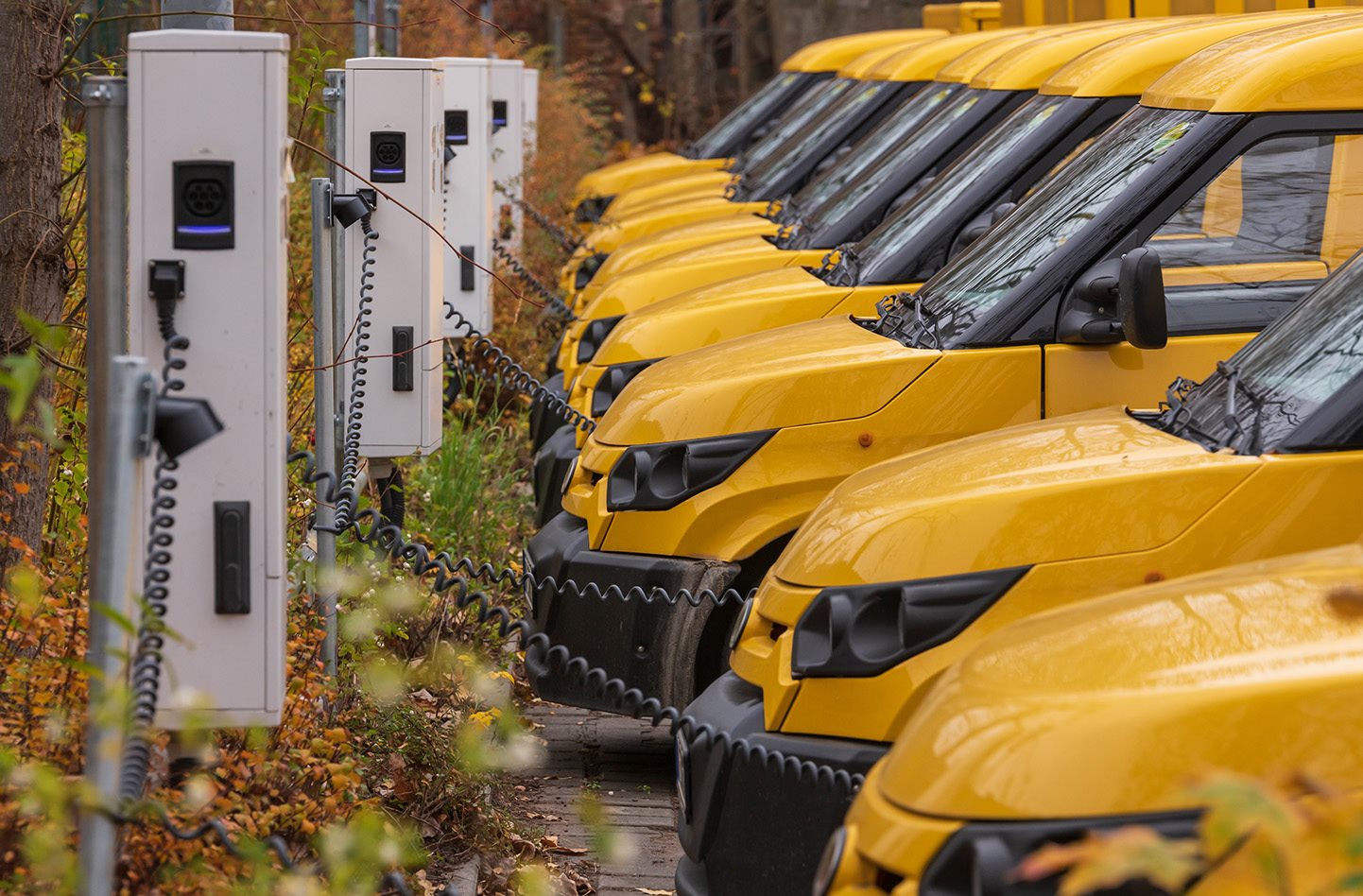
Last month, the ACT became the first state or territory in Australia to play its hand, revealing a zero-emissions strategy which sets out an ambitious target of 80-90 per cent of new light vehicles sales being zero-emissions by 2030 and outlines plans to phase out light internal combustion engine vehicles from 2035.
“By setting a strong fuel efficiency standard, Australia can take a major step forward in emissions reductions by tackling EV supply,” Rowe added.
“The majority of Australians see an EV as their next vehicle purchase to reduce their emissions and save money on operating costs, but the reality is they simply can’t get their hands on one.”
Earlier this month, a separate study by leading think tank The Australia Institute said that Australians could have saved $5.9 billion in fuel costs if efficiency standards were adopted in 2015.
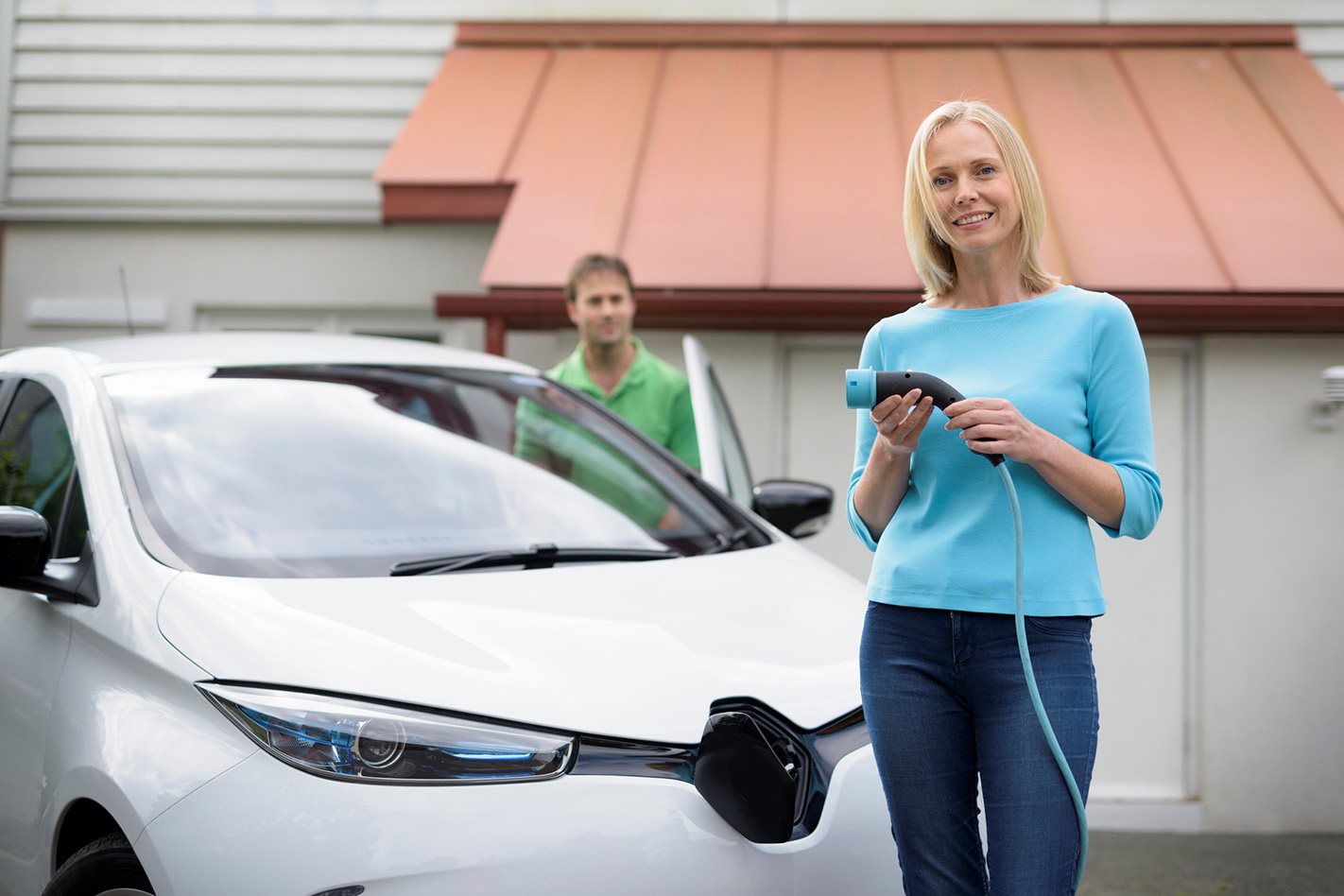
In 2021, just two per cent of cars sold in Australia were EVs despite half of all Australians seeing their next car purchase as an EV, according to the EV Council.
But last week a row broke out amongst key industry players after the peak body representing car manufacturers was accused of “secretly” planning to block Australia’s uptake of electric vehicles by pushing for its own voluntary emissions reporting scheme to be implemented by Government.
A report in the Sydney Morning Herald claimed the Federal Chamber of Automotive Industries (FCAI), has been launching a campaign behind closed doors which would delay Australia’s transition to EVs.
According to the news article, the FCAI is lobbying policymakers to adopt rules that would preserve petrol and hybrid cars well into the future, and to adopt its existing, voluntary emissions scheme as the national standard.
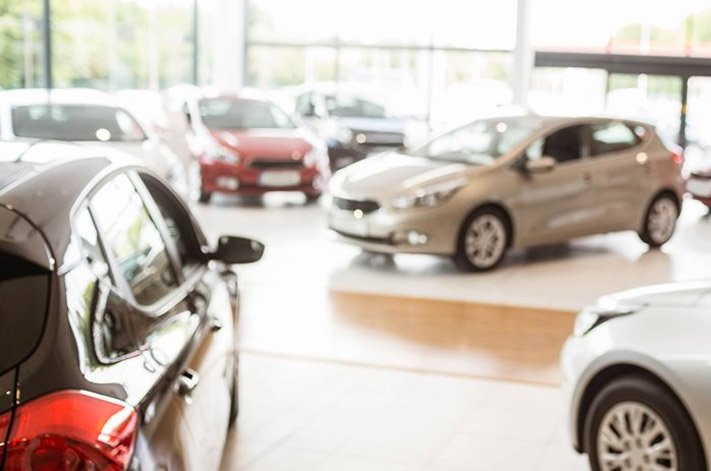
While some carmakers backed the FCAI’s stance, Volkswagen Group Australia’s (VGA) Managing Director, Paul Sansom, said “companies such as ours will be pushing to drive the changes that we need in order to see more EVs [in Australia]” – though the VW boss also called for unity in an increasingly divided industry.
The FCAI has long said it backs an emissions-specific target rather than a technology/EV sales target (as being called for by Climateworks Centre) stating: “Any reduction target must be broad based and focused on reducing CO2, not picking certain technologies over others. Our zero-emissions future is ultimately full electrification.”
Notably absent from recent discussions has been the market’s biggest player – Toyota, which currently has no electric vehicles in its lineup globally or locally instead preferring to focus on hybrid and hydrogen technology. Its first EV will be the BZ4X, twinned with the upcoming Subaru Solterra, that will come to Australia sometime in 2023.
But today the Japanese carmaker’s local arm told Wheels: “Toyota Australia would welcome the establishment of a mandatory Australian standard for new vehicle CO2 emissions.
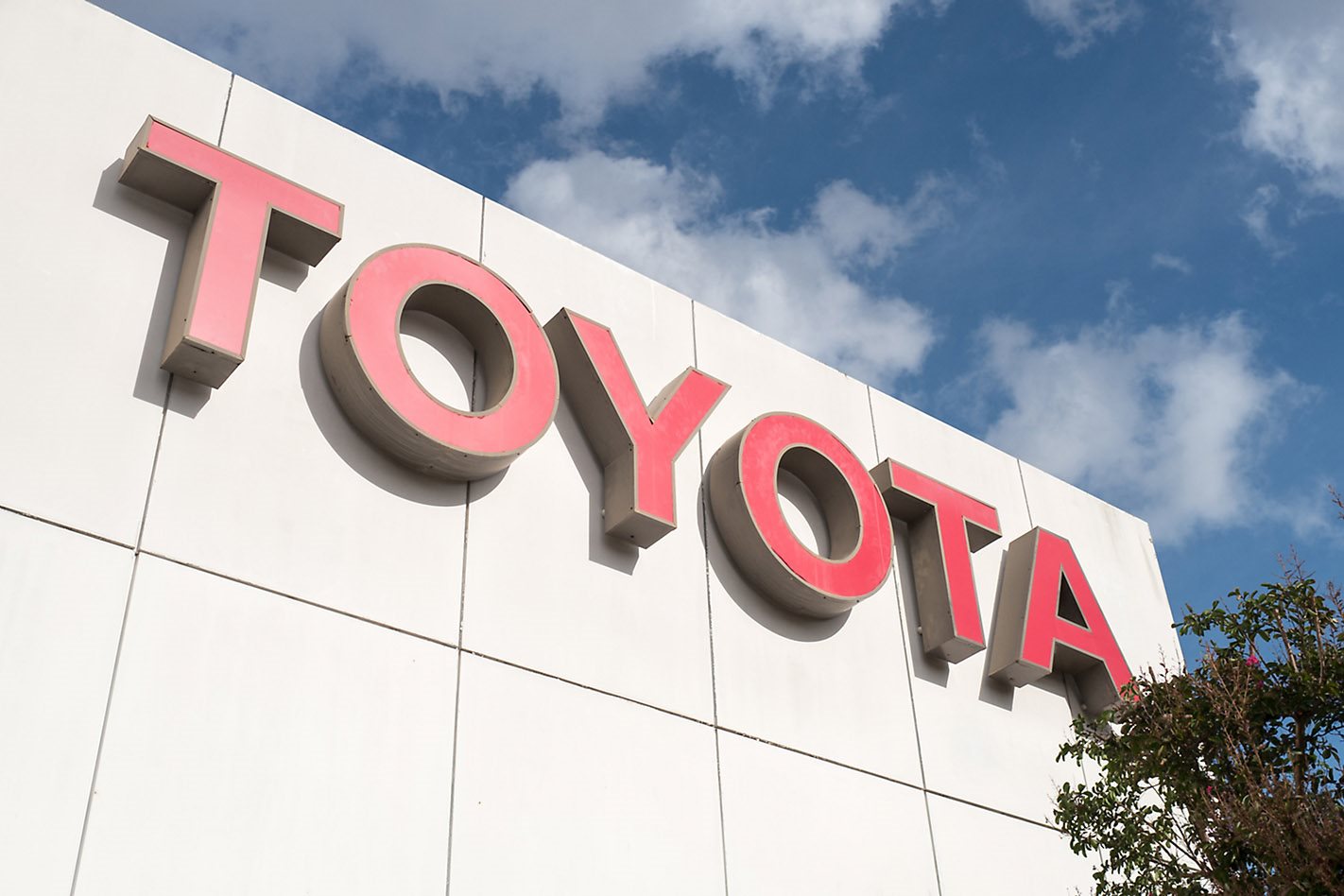
“We remain absolutely committed to providing our customers with a range of technologies that will help them on their journey to zero emissions based on their individual motoring circumstances, ensuring no-one is left behind.“Importantly, Toyota is not limited to a single technical solution. This is important because Australians have vastly different motoring needs and significantly differing levels of access to infrastructure to support battery electric vehicles across Australia.
“We will continue to work together with the Government, and broader industry, to support reducing vehicle carbon emissions in Australia.”


